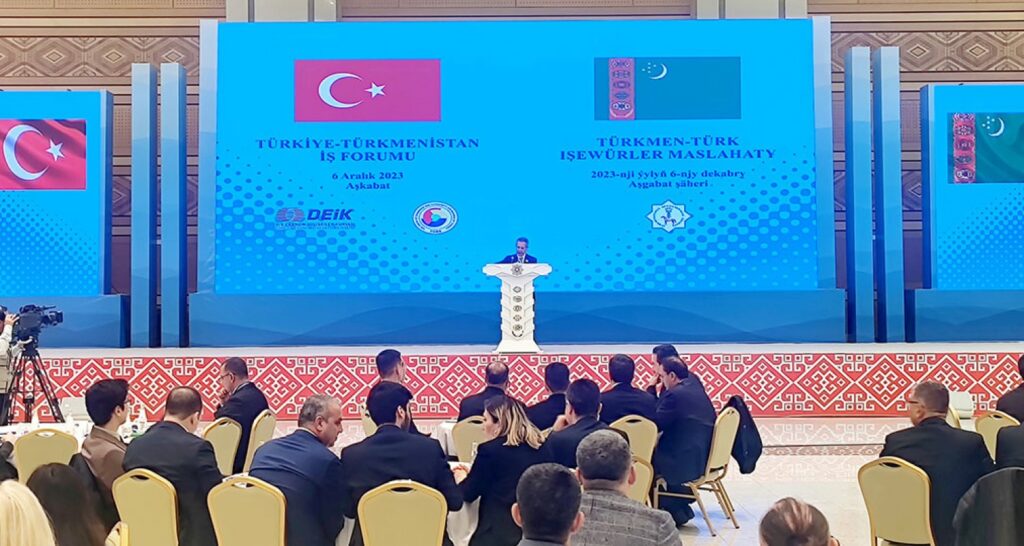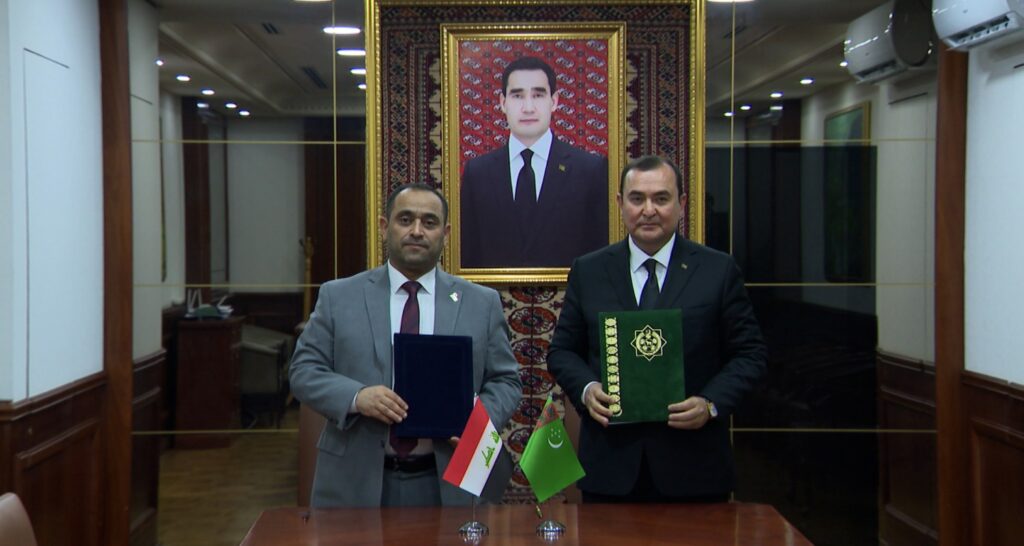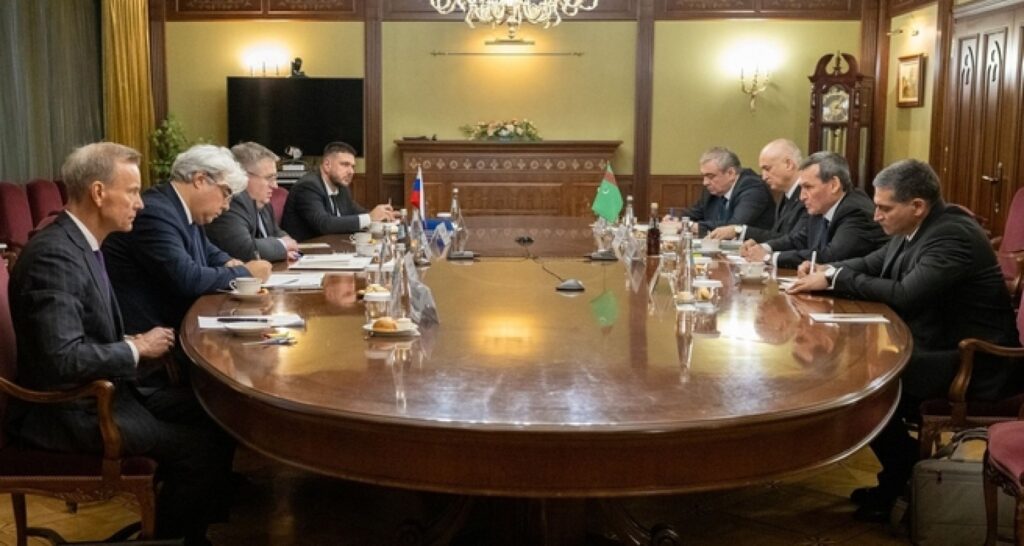The recent natural gas deal between Turkmenistan and Iraq has sparked both excitement and concern in the energy world. On November 8, representatives from the State Concern Türkmengaz met with a delegation from Iraq, led by the Minister of Electricity Ziad Ali Fadel, to discuss the export of natural gas from Turkmenistan to Iraq. As with any major energy agreement, this deal carries significant implications for both countries and the region as a whole. This opinion piece explores the positive aspects, potential challenges, and wider implications of the Turkmenistan-Iraq natural gas deal. The Turkmenistan-Iraq natural gas deal presents several positive aspects for both countries. Economically, the agreement opens up new opportunities for trade and investment, providing a boost to the economies of both nations. Additionally, it strengthens diplomatic relations between Turkmenistan and Iraq, fostering closer ties and collaboration in other areas. Moreover, the deal has the potential to enhance energy security in Iraq, diversifying its energy sources and reducing dependence on a single supplier. For Turkmenistan, this agreement represents an opportunity to tap into new markets and expand its natural gas exports. While the deal offers numerous benefits, it also comes with potential challenges and drawbacks. From Iraq's perspective, one concern is the possibility that it becomes overly dependent on Turkmenistan for its energy needs. This could create vulnerabilities and limit Iraq's flexibility in the energy market. Disputes over pricing and payment terms may also arise as aligning the expectations of both parties can be a complex process. Additionally, the agreement may face infrastructure and logistical challenges, such as ensuring efficient transportation and distribution of the natural gas. The influence of regional politics on the deal is another factor to consider, as geopolitical dynamics may impact its implementation. The Turkmenistan-Iraq natural gas agreement has the potential to significantly impact the regional energy market. It may alter the dynamics of gas supply and demand in the region, affecting other players and stakeholders. The agreement could prompt neighboring countries to evaluate their own energy strategies and explore new partnerships. Additionally, the deal could contribute to greater energy cooperation and integration in the region, paving the way for future collaborations and joint projects. As we consider the implications of this gas deal, it is crucial to examine its environmental impact and public opinion. The environmental consequences of increased natural gas extraction and consumption should be carefully assessed to ensure sustainable practices. Additionally, public opinion in both countries will play a significant role in shaping the perceptions and outcomes of the deal. Public engagement and transparency are vital to ensure that the interests and concerns of the citizens are taken into account. The Turkmenistan-Iraq natural gas deal represents a complex balancing act. It ultimately offers economic benefits, strengthens diplomatic relations, and enhances energy security while also raising concerns about energy dependency, pricing disputes, and logistical hurdles. The agreement will have implications for the regional energy market, influencing the strategies of neighboring countries and reshaping energy dynamics. As the process unfolds, it is crucial to...




